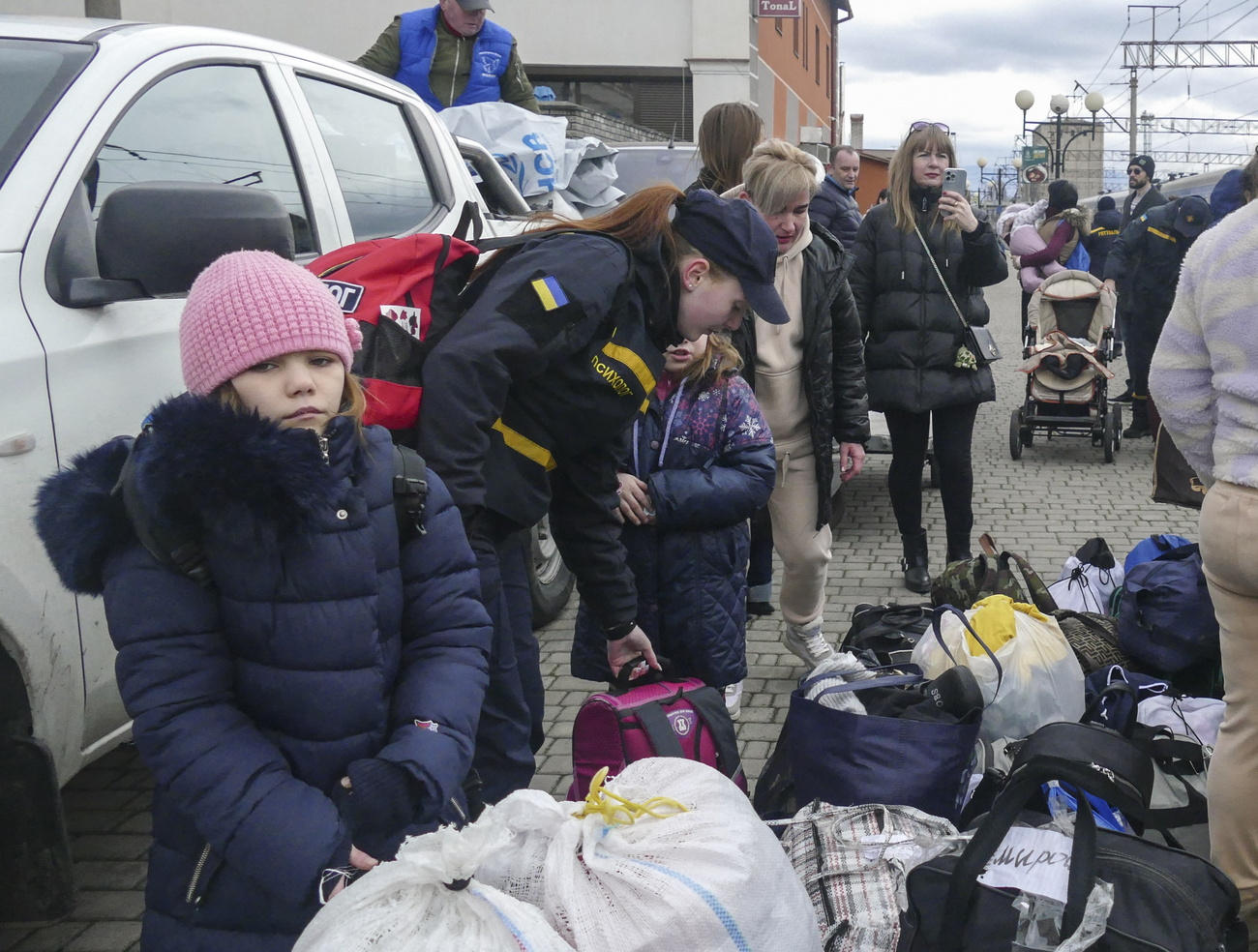
Acute gastroenteritis carries higher burden than thought

The impact of acute gastroenteritis, or infectious diarrhoea, may be higher in Switzerland than previously assumed. A recently-published paper finds that the disease is as costly as the flu.
A “mild disease with high socio-economic burden”: this is how the authors of the reportExternal link, based on 2014 data and published last week, characterize the impact of acute gastroenteritis (AG) in Switzerland.
Though not a fatal or debilitating condition, the fallout from contracting AG is substantial. In 2014, the study found, an average of 2,146 cases per 100,000 people were reported at primary care level, with overall healthcare costs estimated between CHF33-51 million.
Of the cases reported, 86.3% of working age patients were on sick leave, which lasted for a median of four days. The overall financial burden due to AG, including losses in productivity, is “likely a multiple” of the healthcare costs, the report says.
Heavy burden
This puts the potential burden of AG on a level similar to that of influenza. The authors also found, however, that contrary to this latter disease – the burden of which is tackled by a national strategy – AG may be going somewhat unreported or undiagnosed.
Stool-testing among the cases reported was not mandatory, the results show, and only took place in 12.3% of cases: this means the burden of AG is “underestimated”, they say. As for influenza, they recommend, “similar comprehensive prevention efforts should be considered.”
Symptoms of AG, which is a common disease worldwide, include diarrhoea, vomiting, nausea, abdominal cramps or pain, fever, and blood or mucus in the stool.
The causes of the disease are broad, ranging from viruses (such as norovirus) and bacteria to protozoa and other parasites, and can come about through contact with others hosting the disease, as well as through ingesting contaminated food or water.
According to the Swiss Federal Office of Public Health, there is no known vaccine or medicine to combat the spread of norovirus, which is one of the major causes of AG. Good hand hygiene is important, they say, especially after visiting the bathroom.
swissinfo.ch/dos

In compliance with the JTI standards
More: SWI swissinfo.ch certified by the Journalism Trust Initiative



























You can find an overview of ongoing debates with our journalists here . Please join us!
If you want to start a conversation about a topic raised in this article or want to report factual errors, email us at english@swissinfo.ch.